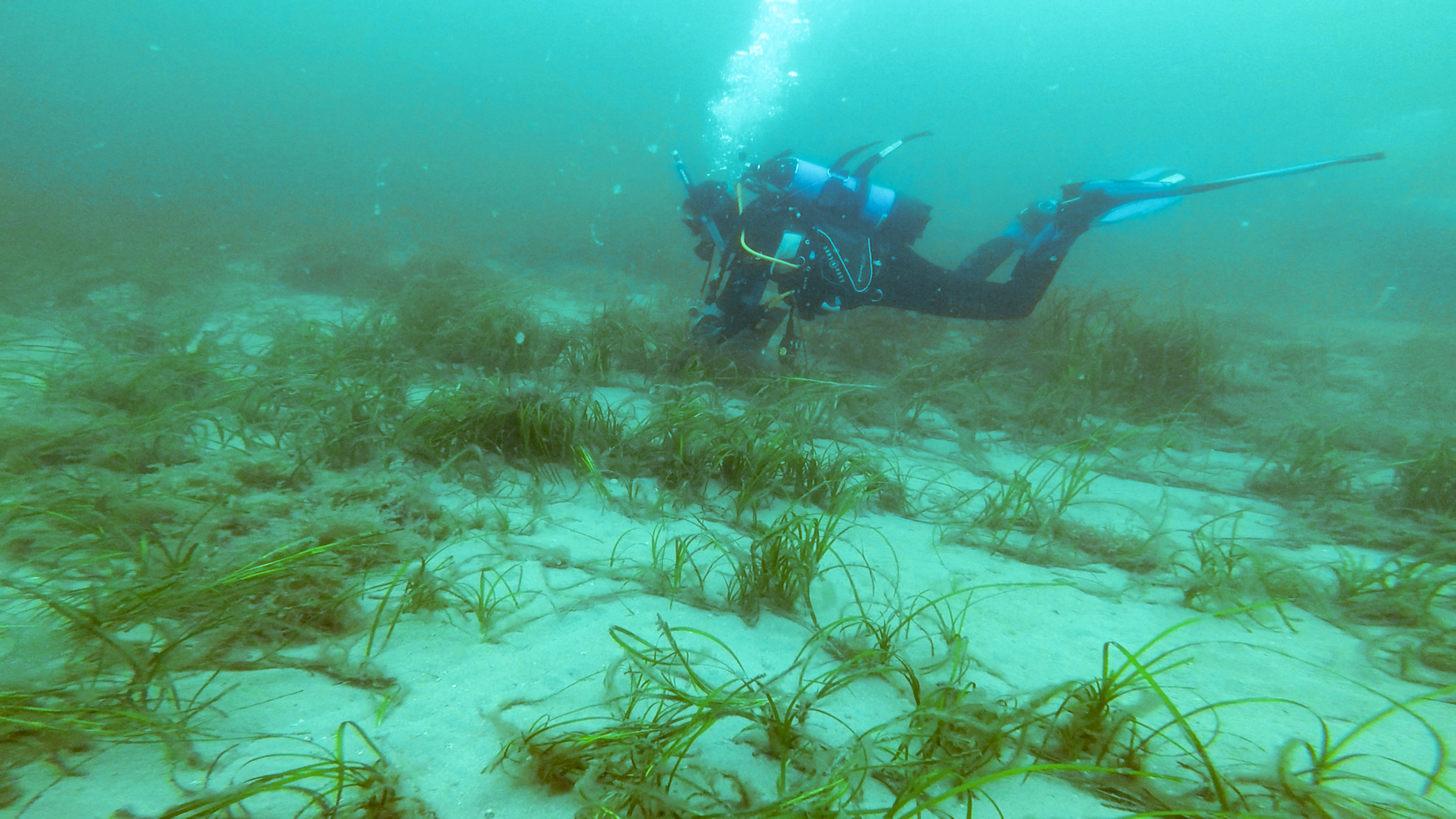MP Sally Ann Hart writes for BIAZA about why we must work to conserve our marine environments and the wildlife that call it home.
This is a blue planet. Over 70% of our planet is ocean, with millions of human communities relying on it and untold animal communities living within or around it. As an island nation with a seafaring history Britain has a unique relationship and responsibility for the state of our ocean.
Our connection to the marine world is as deep as the ocean itself. One only needs to see the millions tuning into to Sir David Attenborough’s incredible documentaries, the millions of families who visit Britain’s aquariums, the surfers and swimmers all along our coastline to know that this is true. In my own constituency of Hastings of Rye, so much of our special culture and identity comes from the ocean.
But the sad fact is that much of our ocean is under duress. Like many I have been aghast at the extent of coral bleaching, when our coral reefs make up such a large portion of life on earth. We have lost staggering amounts of seagrass meadows – vital carbon sinks, and plastics are causing havoc for turtles, whales and so many other creatures.
I am really pleased that just recently many of these issues were brought to light for me and my colleagues in a very special collaboration between the APPG for the Ocean and the APPG for Zoos and Aquariums. I was astonished to hear about the extent of conservation activities organisations like the Ocean Conservation Trust (OCT), the Zoological Society of London (ZSL) and the National Oceanography centre are undertaking. The passion and expertise was so abundantly clear to me that it gives me hope.

Seagrass restoration by the National Marine Aquarium/Ocean Conservation Trust.
Just as we are capable of inflicting so much damage to the world, so too we are capable of putting things right. Aquariums, as animal expert organisations, have a clear role to play whether that is rescuing and cultivating critically endangered brain corals as at ZSL or replanting acres and acres of seagrass as at the Ocean Conservation Trust.
I am proud that the UK Government is a World Leader in ocean conservation: 374 Marine Protected Areas (MPAs) protect 38 per cent of UK waters from damaging activities. Through the Environmental Improvement Plan Government has set the course to halt the decline in biodiversity. But of course, there is more than must be done.
But the Ocean is not just a victim, it also offers solutions. It can be active as well as passive. I am very clear that bolstering blue carbon offers a real opportunity to address the climate change crisis.
This June to mark World Oceans Day I hope to secure a debate in parliament, to spread the message to other colleagues on the parliamentary benches and in government. We simply have no option we must protect our ocean.
By Sally-Ann Hart, Member of Parliament for Hastings and Rye
All blogs reflect the views of their author and are not necessarily a reflection of BIAZA's positions
Related Members
-
News
.png?w=100&h=100&zc=1&f=jpeg&hash=97e6d151315c515d23f80e6ee9d1d533) BIAZA Blog: How Accreditation is creating change at BIAZA 25th February, 2026After two years of BIAZA Accreditation, the team delivers a look ahead on the programme to support and boost world-class zoos…
BIAZA Blog: How Accreditation is creating change at BIAZA 25th February, 2026After two years of BIAZA Accreditation, the team delivers a look ahead on the programme to support and boost world-class zoos… -
News
.png?w=100&h=100&zc=1&f=jpeg&hash=a0b01e801771c24b4d7f5c3df4abed98) Twycross Zoo Welcomes Its First Baby of 2026: An Endangered Pileated Gibbon 19th February, 2026Conservation charity, Twycross Zoo, is celebrating a heart-warming milestone with the arrival of its first baby of 2026 - an endangered pileated gibbon,…
Twycross Zoo Welcomes Its First Baby of 2026: An Endangered Pileated Gibbon 19th February, 2026Conservation charity, Twycross Zoo, is celebrating a heart-warming milestone with the arrival of its first baby of 2026 - an endangered pileated gibbon,… -
News
.png?w=100&h=100&zc=1&f=jpeg&hash=c8eadb7dce959e1a8e6be51070cd0b3b) Conservation breeding success as Endangered spotted deer fawn is born at Bristol Zoo Project 19th February, 2026An extremely rare spotted deer fawn has been born at Bristol Zoo Project, marking another important conservation milestone for this Endangered species.…
Conservation breeding success as Endangered spotted deer fawn is born at Bristol Zoo Project 19th February, 2026An extremely rare spotted deer fawn has been born at Bristol Zoo Project, marking another important conservation milestone for this Endangered species.…



